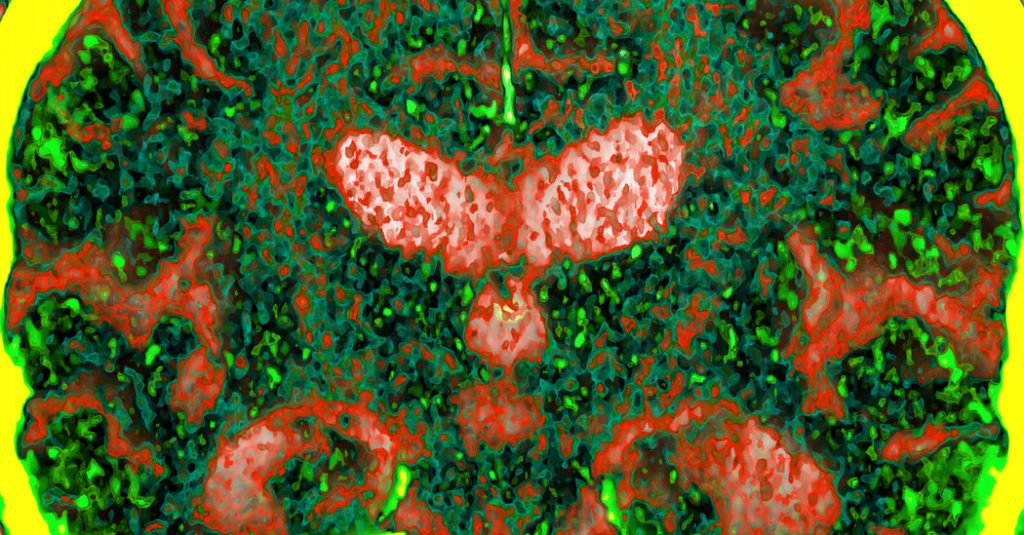A new study is proposing a reclassification of Alzheimer’s disease, suggesting that up to 20% of patients may have a genetically determined form of the disease. Researchers have identified a gene variant called APOE4, which significantly increases the risk of developing Alzheimer’s. Individuals with two copies of APOE4 are at much greater risk of developing the disease earlier than those without the variant. This new classification could open up avenues for gene therapy treatments and reshape the design of clinical trials for Alzheimer’s.
The study, published in Nature Medicine, analyzed data from over 500 people with two copies of APOE4, finding that almost all of them developed the biological pathology of Alzheimer’s. By age 55, over 95% of these individuals had biological markers associated with the disease, and many began experiencing symptoms of cognitive decline by age 65. This genetic form of Alzheimer’s could be one of the most common genetic disorders worldwide, affecting a significant portion of patients with the disease.
Experts believe that classifying individuals with two copies of APOE4 as having a genetically determined form of Alzheimer’s could lead to a greater focus on developing safe and effective drugs for this group. Current treatments that target amyloid may pose safety risks for these patients, and there is a need for therapies that are specifically tailored to their genetic profile. Additionally, efforts to prevent cognitive decline in individuals without symptoms are becoming increasingly urgent.
While the study had some limitations, such as a lack of diversity in the study population, the findings highlight the potential implications of the new classification. Individuals with two copies of APOE4 face significantly higher risks of developing Alzheimer’s, and their genetic profile should be taken into consideration in drug development and clinical trial design. Researchers are exploring gene editing and gene therapy approaches to address the underlying genetic causes of the disease in these individuals.
The recommendations from the study may prompt discussions around genetic testing for the APOE4 variant. However, until there are specific treatments available for individuals with two copies of APOE4, testing may not be recommended. The information could cause distress in patients without providing any benefit. The urgent need for therapies for this subset of Alzheimer’s patients is evident, and efforts to develop targeted treatments need to be accelerated to meet their needs.
In conclusion, the findings of the study suggest a new way of understanding the genetics of Alzheimer’s, with a focus on the role of the APOE4 gene variant. This genetic form of the disease could have significant implications for drug development, clinical trial design, and personalized treatment approaches. Efforts to address the needs of individuals with two copies of APOE4 are crucial in advancing our understanding and management of Alzheimer’s disease. The urgency to find effective therapies for this subset of patients is clear, highlighting the importance of continued research and innovation in the field of Alzheimer’s genetics.


